168 calories. 15 grams of fat. 2.4 grams of saturated fat. 4.3 grams of carbohydrates. 2.6 grams of fiber. 8 grams of protein. The higher calorie, fat and saturated fat content of oil-roasted peanuts, which could lead to an increased risk for obesity, high cholesterol and heart disease, makes dry-roasted peanuts a better choice, even though.. Nuts are a concentrated supply of this body-building nutrient since they are unusually high in protein for a plant meal and contain minimal water, with peanuts and almonds containing approximately 26g and 21.3g of protein per 100g, respectively. Peanut butter sales increased in the United Kingdom during the lockdown when peanuts were desired as.
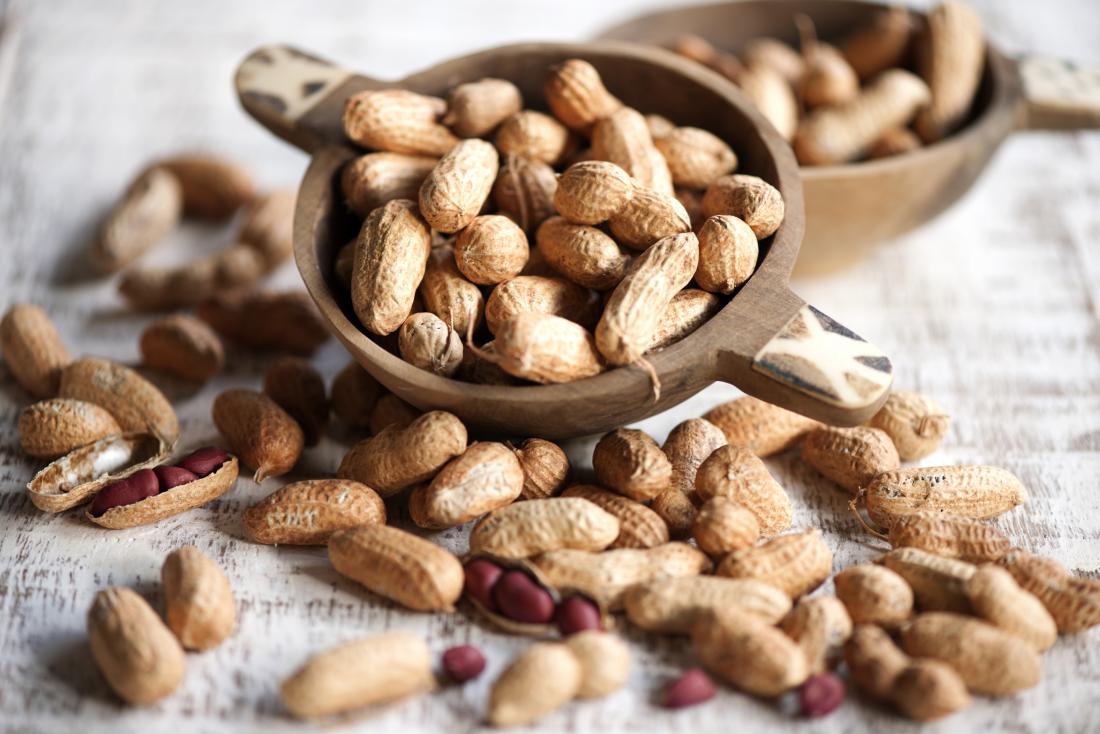
6 healthiest nuts Protein and other benefits
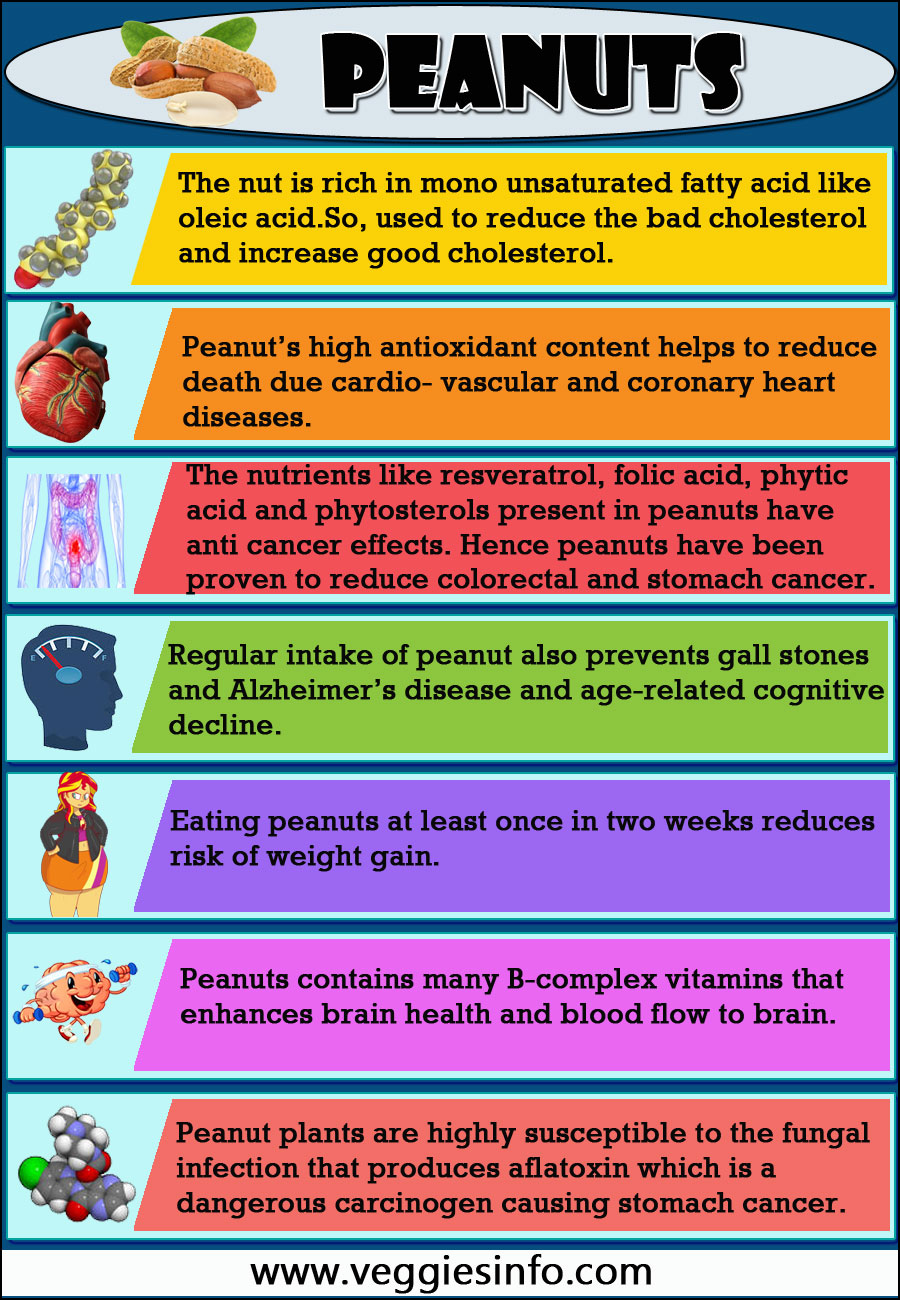
Peanuts Nutrition Values and its Health Information Veggies Info
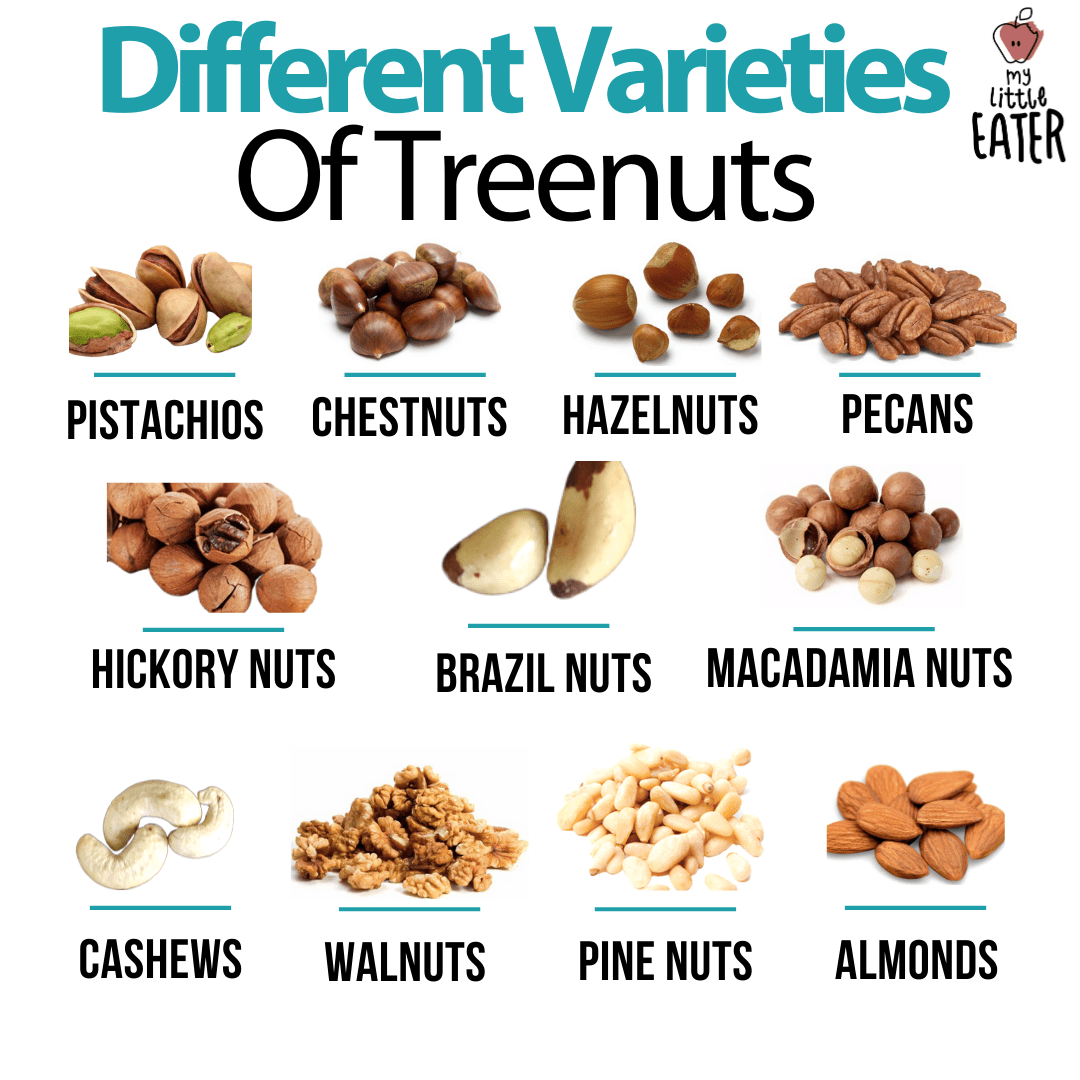
Introducing Peanuts and Tree nuts to your baby My Little Eater

Raw Peanuts Some Nutrition Facts
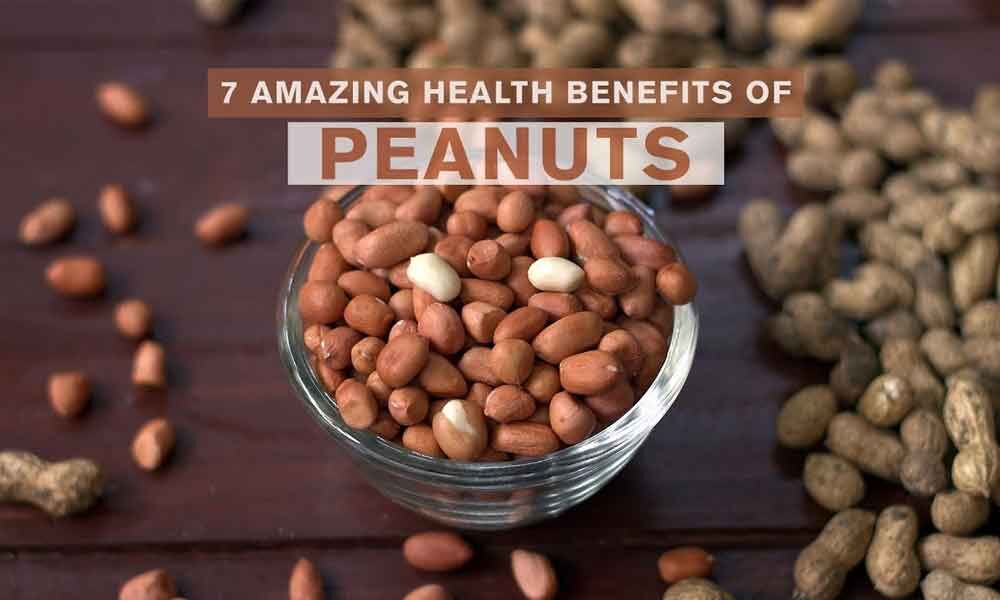
7 Impressive Health benefits of Peanuts

Nutritional Value of Peanuts

Peanut Nutrition Facts Calories and Health Benefits Food nutrition facts, Nutrition recipes
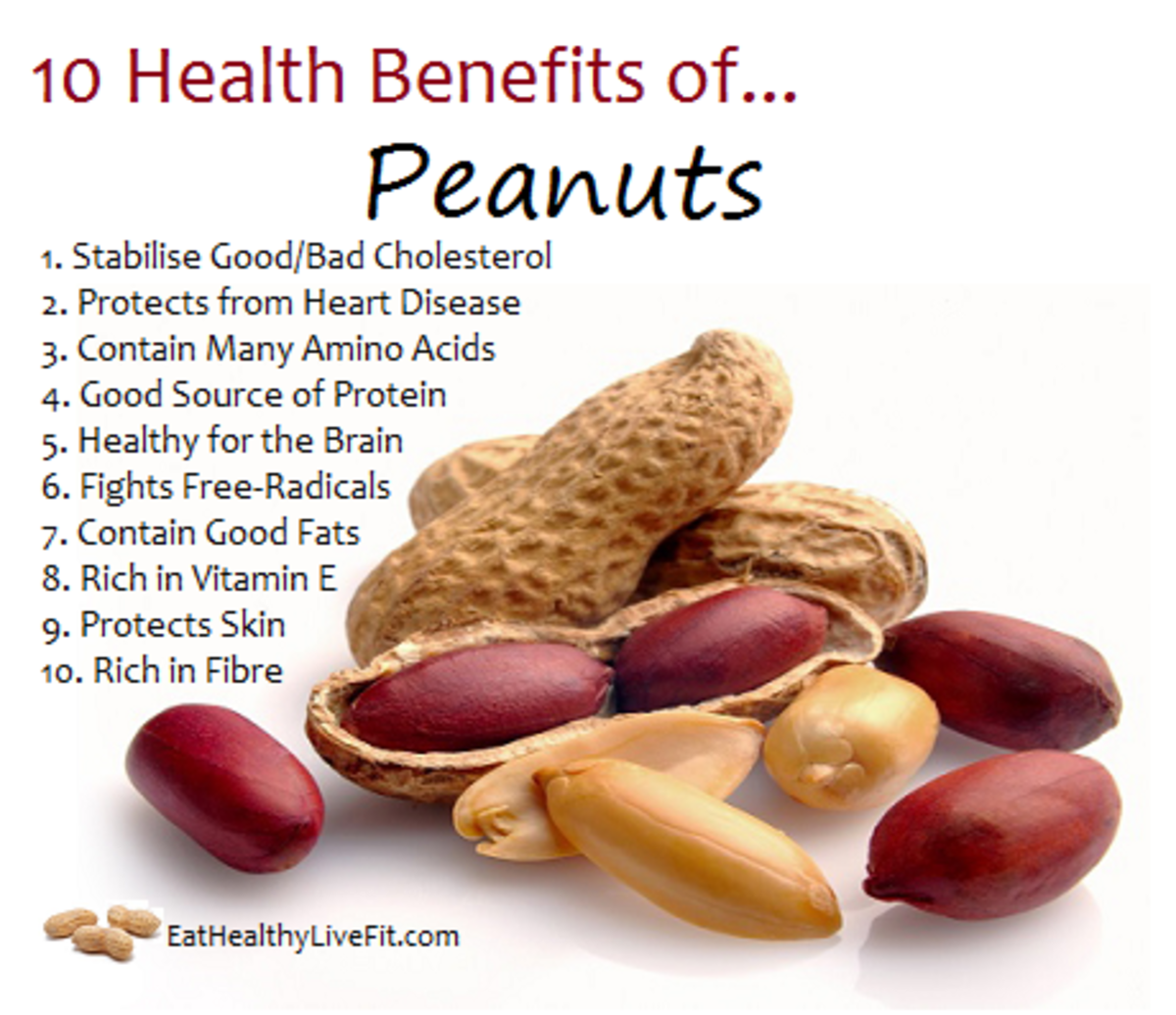
The Health Benefits of the Peanut CalorieBee

Peanut Weights & Calories (Including Calculator & Charts) Weigh School

11 Amazing Health Benefits of Peanuts, Moongphali + Healthy Peanut recipes
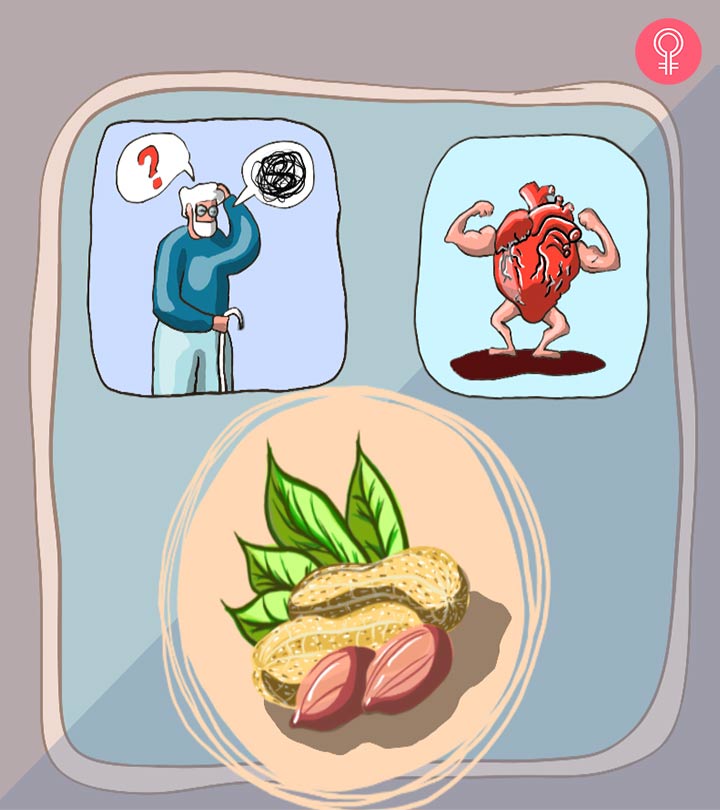
Peanuts 12 Health Benefits, Nutrition, And Possible Side Effects
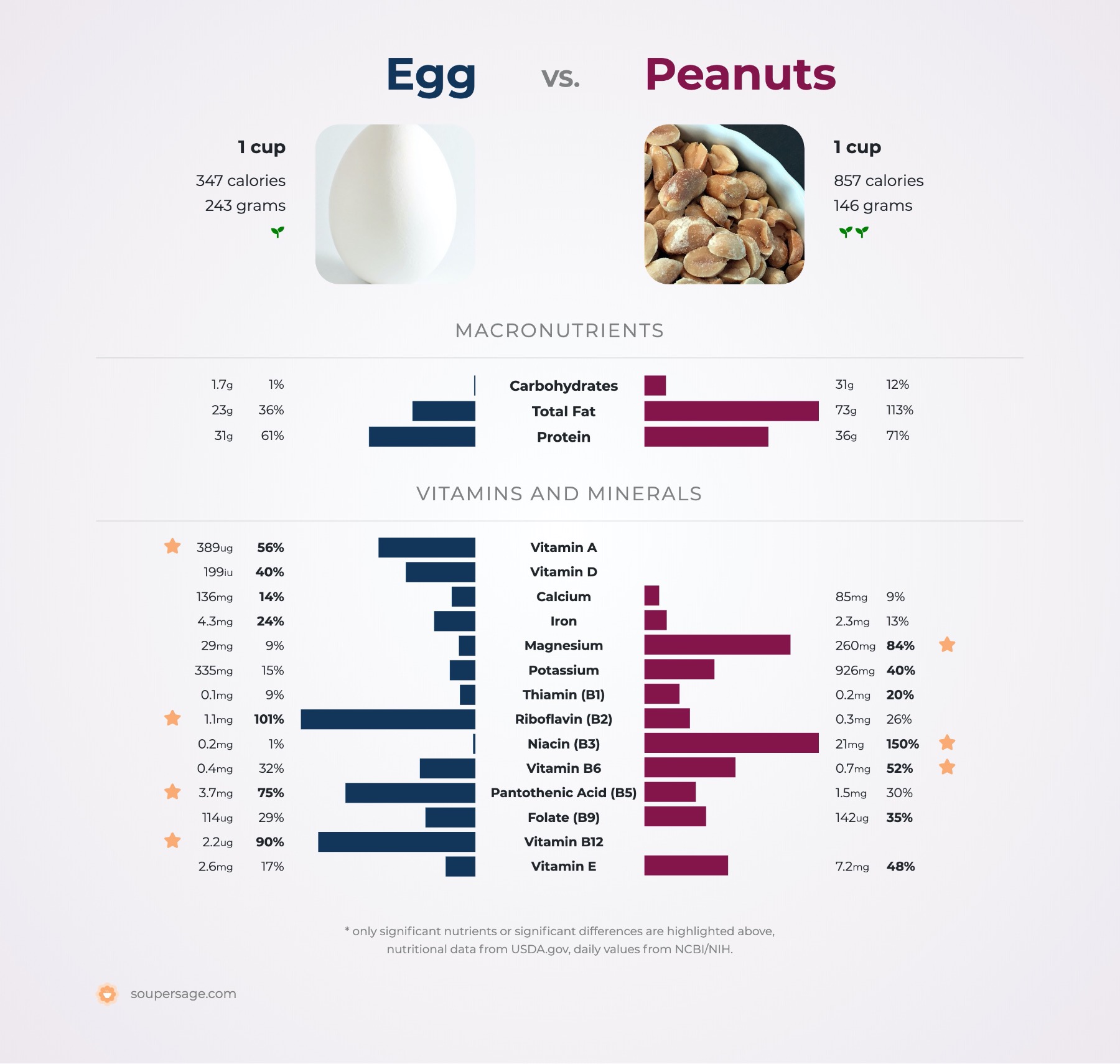
Nutrition Comparison Peanuts Vs Egg
![Which Nuts Are Highest in Protein [CHART] VegFAQs Which Nuts Are Highest in Protein [CHART] VegFAQs](https://vegfaqs.com/wp-content/uploads/2019/01/nuts.jpeg)
Which Nuts Are Highest in Protein [CHART] VegFAQs
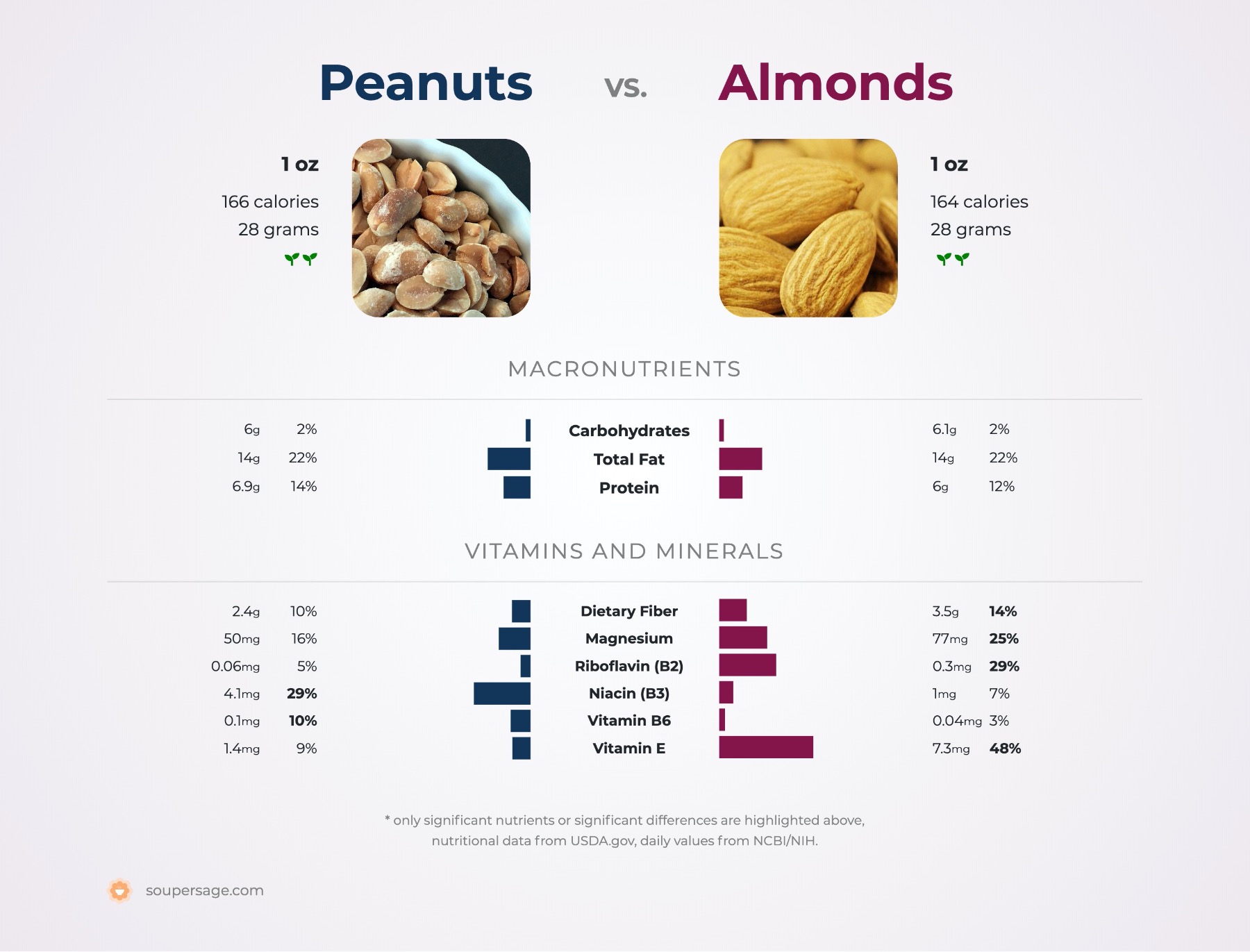
Nutrition Comparison Peanuts Vs Almonds

Peanuts and Their Nutritional Aspects—A Review

Peanuts Nutrition Facts Eat This Much

Peanuts Nutrition Facts Eat This Much

Peanuts 101 Nutrition Facts and Health Benefits
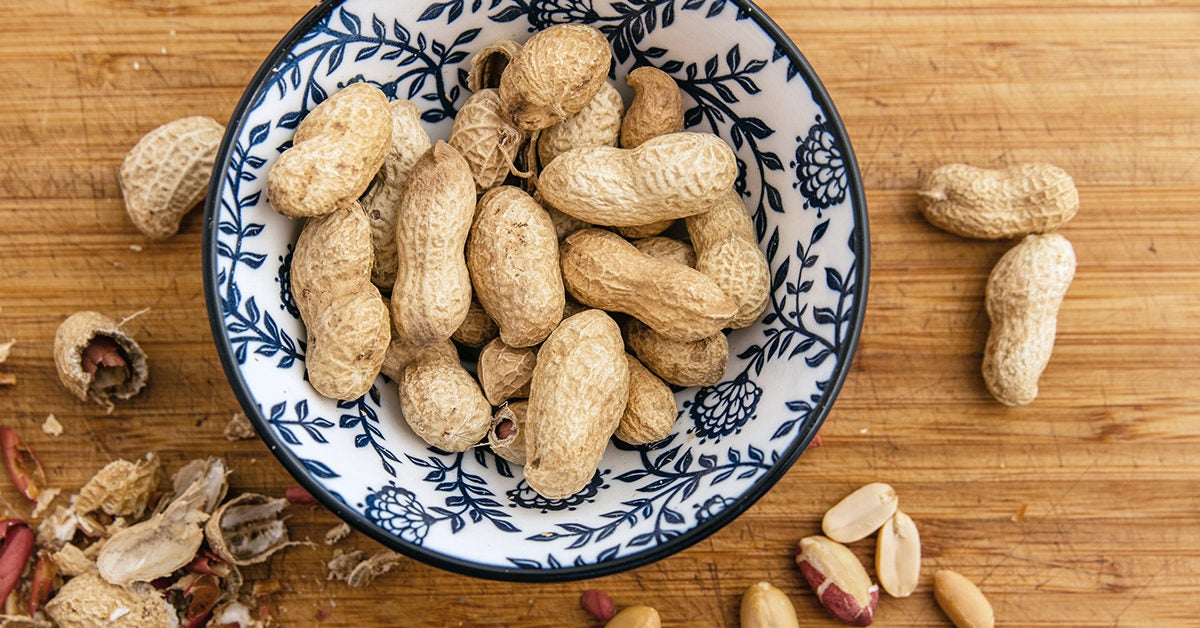
Peanuts 101 Nutrition Facts and Health Benefits
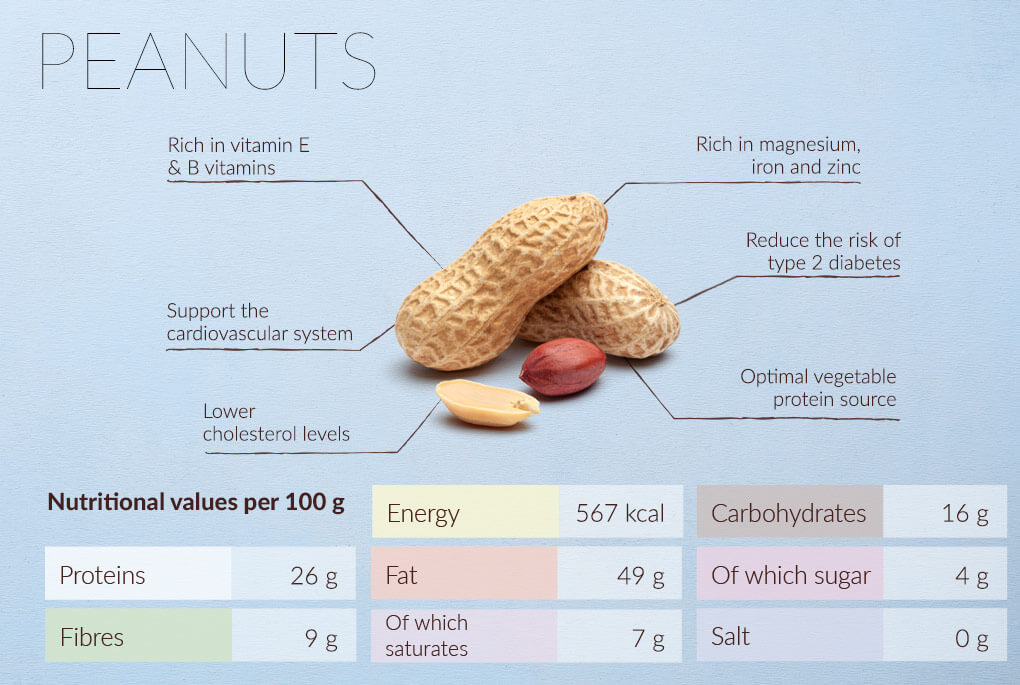
Everything you need to know about peanuts Verival Blog
Peanuts are an excellent source of (20% of the Daily Value): Niacin is an important B vitamin that helps to convert food to energy, aids with the digestive and nervous system, and helps the skin (7). Manganese is important for processing cholesterol, and nutrients like carbohydrates and protein (8). Peanuts also contain other nutrients, including:. Peanuts and peanut butter are nutrient-dense foods which are an important factor in weight management. In just one serving (160 calories of peanuts, or about 190 calories for peanut butter), they provide hard-to-get nutrients such as dietary fiber, potassium, folate, vitamin E, thiamin, and magnesium. Furthermore, there are numerous studies.